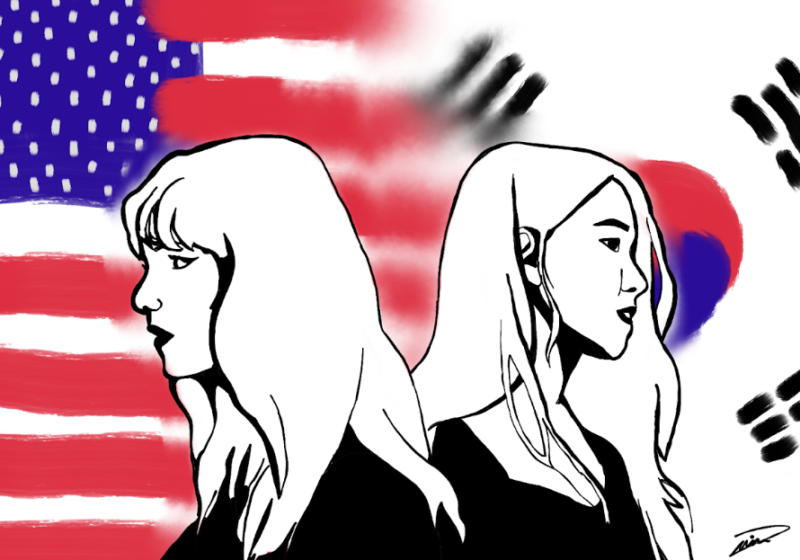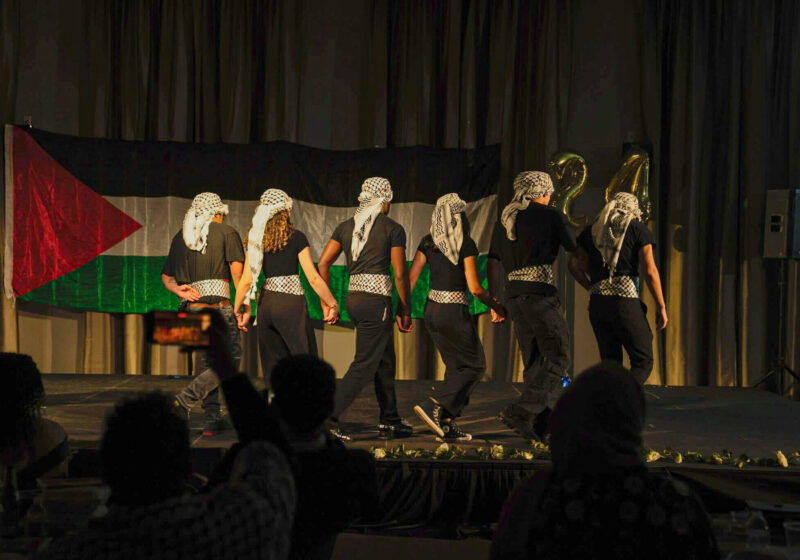“Hello? Hello? F— rap, my daddy a gangsta,” a girl calls out, her voice echoing in the silence. A split-second later, she’s drowned out; a thunderous bassline crashes down, pierced by a wicked snare, while a nocturnal guitar riff lurks amid high-hats in the background. A guttural voice creeping along within it, murmuring ad-libs left and right. Suddenly, the voice erupts: “GANGSTA, GANGSTA-GANSTA!” So opens rapper ScHoolboy Q’s 2014 effort, Oxymoron.
This chant comprises the hook of the track “Gangsta.” This alone is enough to lure the listener into Q’s gritty, schizophrenic world; it is at once both catchy and chilling, sticking in your head even while dripping with savage mania.
With a defiant “YAWK,” Q digs in for the first verse, spitting street-hardened rhymes. “My grandma showed me my first strap,” he confesses, though, when coupled with his sudden snap into double-time and the snarl of his words, it sounds more braggadoccios than anything, leaving little time to ponder on the sad reality of his grandmother gifting him his first gun. His delivery is as mean as it gets, matching the intensity of his bars.
Q’s dynamism drives the song, never letting the listener settle down without veering into a menacing streak of knockout punches. His imagery is brutal—“tags on the toes all amongst your friends”—but, like a car wreck, you can’t help but look. A set of sickening synth strings helps close out the song, Q’s last burst of onomatopoeia gunfire echoing as the beat cuts out, paralleling the voice that started the song, which belong to his daughter, Joy.
On “Oxymoron,” ScHoolboy Q is hard as hell. This is a rapper forged from Los Angeles’ gang life—the Hoover Crips, precisely. The oxymoron Q refers to is the duality of his character: at times, he is a drug dealing, liquor-drinking, gangbanging lunatic; other times, he is a loving father, just trying to scrape together enough cash to buy his daughter some shoes. This sense of contradiction is heightened by Q’s delivery, the fluidity of his flow, his knack for teetering between straightforward rhymes, crazed howls and intricate, detailed reflections.
All of this, combined with the album’s stellar production, comes together for one of the most engrossing hip-hop experiences of recent memory; it is one to be listened to in one sitting. It snatches you in its sonic clutches, stealing you away to a soundscape that is equal parts terrifying and delightful. It is a haunting work of art.
Some might call an album like this cinematic. But, after a listen through, a better word might be nightmarish.
Trombly is a member of the class of 2018.


